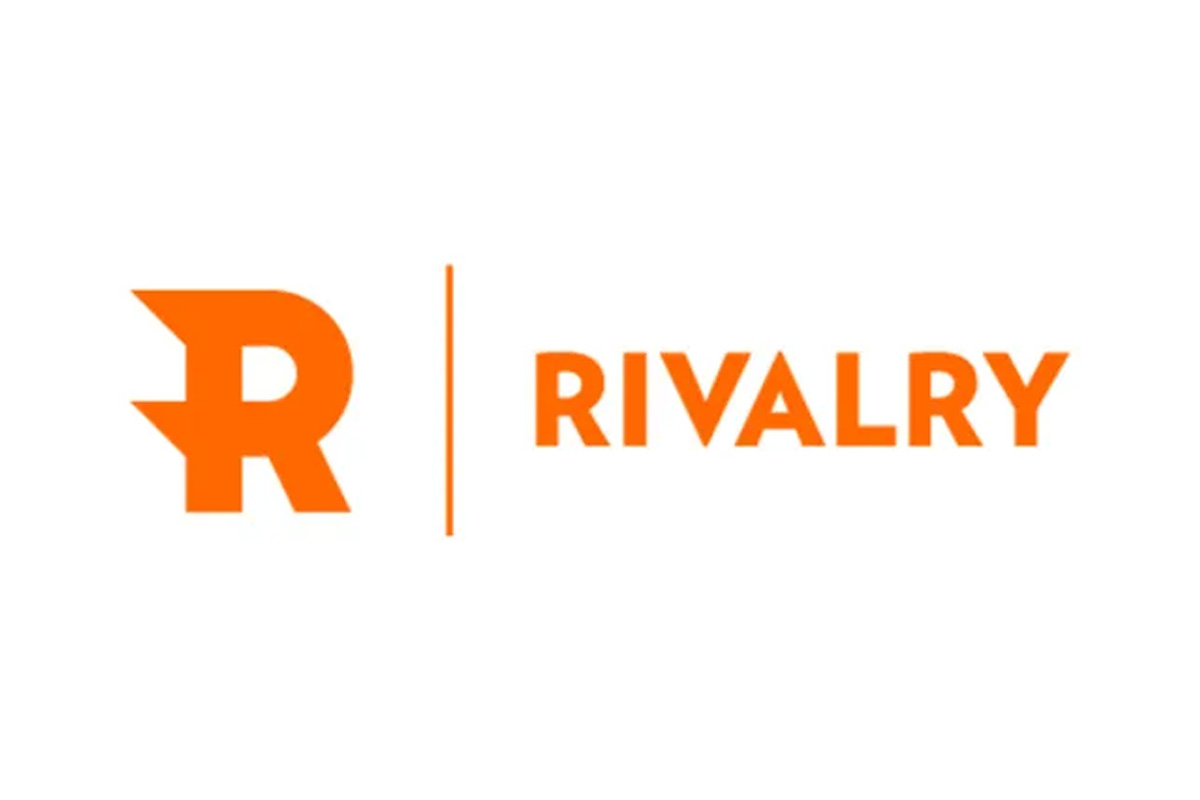
Pennsylvania Department of Drug and Alcohol Programs Releases Report on Impact of Interactive Gaming in Pennsylvania
The Pennsylvania Department of Drug and Alcohol Programs (DDAP), Penn State University (PSU), and the Pennsylvania Gaming Control Board (PGCB) released the first-of-its-kind report analyzing the impact of Interactive Gaming, also referred to as online gambling or iGaming, in Pennsylvania.
“This report will assist DDAP in its mission to assess and address how gambling behaviors impact compulsive and problem gambling within the commonwealth. We want to ensure we are offering all the resources we can at the state level to anyone who may be experiencing problem gambling behaviors. Knowing the current iGaming trends in the state will help DDAP make informed decisions and help to spread awareness that treatment and resources are available to help when this recreational hobby becomes a more serious problem,” Jen Smith, Secretary of DDAP, said.
Under Act 42 of 2017, which legalized interactive gaming in Pennsylvania, DDAP is required to complete an assessment and report on the impact of interactive gaming in the commonwealth. This was the first year for the completion of the assessment and report compilation. Funding for this report is provided by law through fees the PGCB assesses from interactive gaming licensees.
“Penn State and the Criminal Justice Research Center is enthusiastic about this partnership with the Department of Drug and Alcohol Programs and the Pennsylvania Gaming Control Board. By collecting these data on a yearly basis, we can ensure an accurate understanding of the impact of this policy change on our Pennsylvania communities. If interventions are required, this assessment will help to guide a data-driven response,” Dr. Glenn Sterner, Assistant Professor of Criminal Justice at Penn State University, said.
The findings of this report were generated from a survey of more than 1100 individuals across Pennsylvania throughout 2020-21 and indicate:
- Approximately 1 in 10 Pennsylvanians engage in interactive gaming.
- The most popular interactive gaming is sports betting and nearly half of all who participate in interactive gaming are engaged in sports betting.
- Nearly half of all those who engage in interactive gaming exhibit at least one problem gambling behavior.
“The findings of the report emphasize the PGCB’s long-standing priority in assisting individuals who develop compulsive gambling issues including our efforts to provide information and effective tools such as the PGCB’s Self-Exclusion programs. I also believe that findings in this and subsequent reports can provide critical information to prevention professionals and to those in the treatment community who are assisting individuals on their path to recovery,” Elizabeth Lanza, Director of the PGCB’s Office of Compulsive and Problem Gambling, said.
Gambling, even through legal avenues, becomes a problem when individuals begin to develop strained relationships with loved ones, borrow money to gamble, gamble to experience a high or feeling, miss work, school, or other activities and obligations in order to gamble. These behaviors can have a serious impact on a person’s financial, physical, and mental health. Other symptoms of problem gambling include trying to hide or lying about gambling, using gambling as an escape to avoid dealing with other problems, and feeling like the habit is out of control but being unable to stop.
Pennsylvania’s Self-Exclusion Program allows an individual to request to be excluded from legalized gaming activities including iGaming and those within a casino and offsite venues. More information on the program and ways to identify problem gambling can be found through the PGCB’s website specific to its efforts in compulsive and problem gaming.










